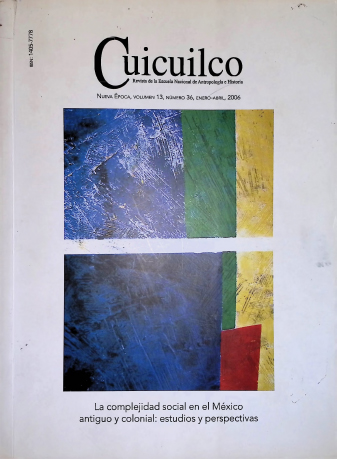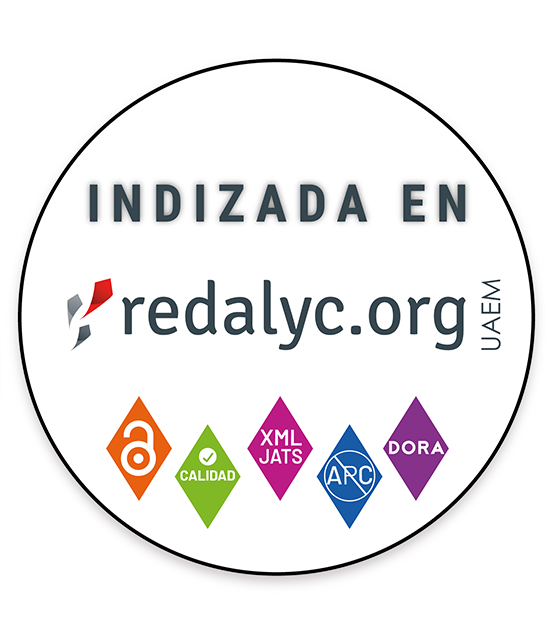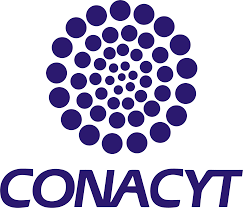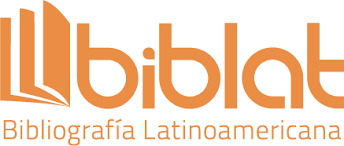Arqueología de género y patrones de especialización artesanal
Keywords:
Estratificación social, Unidades domésticas, Especialización, Atribución de género, Sociedad complejaAbstract
Following the introduction of a gender perspective in archaeology, efforts have been made to trace the presence of women in the material culture ofpast societies. In the framework ofa research about the dynamics that gender roles played in the changes produced within the social división of labor as well as in relation to the contexts of production and consumption in the domestic units of complex societies like state political entities, an examination in particular of the engendered división of labor allows the recognition of a differential participation in general economic processes and in the forniation ofspecific patterns of labor specialization, which also implies a discussion ofthe social status of producers. In this article it is argued that an explicit analysis of gender shoidd forrn an integral part ofany archaeological research that focuses on domestic units, both ofthe elite and other sectors ofthe society.
Downloads
References
Brumfiel, Elizabeth. 1991 "Weaving and cooking: Women's production in Aztec México , en Gero, Joan M. y Margaret W. Conkey (eds.), Engendering Archaeology. Women and Prehistory, Oxford y Cambridge, Basil Blackwell, pp. 224-251.
Conkey, Margaret W. y Joan M. Gero. 1991 "Tensions, Pluralities and Engendering Archaeology. An Introduction to Women and Prehistory", en Gero Joan M. y Margaret Conkey (eds.), Engendering Archaeology. Women and Prehistory, Oxford y Cambridge, Basil Blackwell, pp. 3-30. 1997 "Programme to Practice: Gender and Feminism in Archaeology , en Annual Review of Anthropology, núm. 26, pp. 11-37.
Costin, Cathy Lynn. 1996 "Exploring the Relationship Between Gender and Craft in Complex Societies. Methodological and Theoretical Issues of Gender Attribution , en Wright, Rita P. (ed.), Gender and Archaeology, Filadelfia, University of Pennsylvania Press, pp. 111-140. 2001 "Craft Production Systems", en Feinman, G., T. D. Price (eds.), Archaeology at the Millennium: A Sourcebook, Nueva York, Kluwe, Academic/Plenum, pp. 273-325.
Falcó Martí, Ruth. 2003 La arqueología del género: Espacios de mujeres, mujeres con espacio, Alicante, Centro de Estudios sobre la Mujer, Universidad de Alicante.
Feinman, Gary y Linda M. Nicholas. 2000 "High-Intensity Household-Scale Production in Ancient Mesoamerica. A Perspective from Ejutla, Oacaxa", en Feinnman, Gary y Linda Manzanilla (eds.), Cultural Evolution: Contemporary Viewpoints, Nueva York, Kluwer Academic/Plenum.
Gero, Joan M. y Margaret Conkey. 1991 Engendering Archaeology. Women and Prehistory, Oxford y Cambridge, Basil Blackwell.
Gilchrist, Robería. 1999 Gender and Archaeology. Contesting the Past, Londres y Nueva York, Routledge.
Hendon, Julia A. 1996 "Archaeological Approaches to the Organization of Labor: Household Practice and Domestic Relations", en Animal Review of Archaeology, núm. 25, pp. 45-61. 1997 "Women's Work, Women's Space, and Women's Status Among the Classic Period Maya Elite of the Copan Valley, Honduras", en Claassen, Cheryl y Rosemary A. Joyce (eds.), Women in Prehistory. North America and Mesoamerica, Filadelfia, University of Pennsylvania State, pp. 33-46.
Inomata, Takeshi. 2001 "The Power and Ideology of Artistic Creation. Elite Craft Specialists in Classic Maya Society", en Current Anthropology, núm. 42, vol. 3, pp. 321-349.
Joyce, Rosemary. 2000 Gender and Power in Prehispanic Mesoamerica, Austin, University of Texas Press.
King, Eleanor y Daniel Potter. 1994 "Small Sites in Prehistoric Mayan Socioeconomic Organization: A Perspective from Colha, Belize", en Schwartz, Glenn M. y Steven E. Falconer (eds.), Archaeological Vinos From The Countryside. Village Communities in Early Complex Societies, Washington y Londres, Smithonian Institution Press, pp. 62-90.
Nelson, Sarah Milledge. 1997 Gender in Archaeology. Analyzing Power and Prestige, Walnut Creek, Altamira.
Pollock, Susan. 1999 Ancient Mesopotamia. The Edén that never was, Cambridge, Cambridge University Press.
Robín, Cynthia. 2004 "Social Diversity and Everyday Life within Classic Maya Settlements", en Hendon, Julia A. y Rosemary A. Joyce (eds.), Mesoamerican Archaeology, Blackwell Publishing, pp. 148-168.
Rodríguez-Shadow, María J. 1997 La mujer azteca, México, UAEM. 2004 "La teoría de género y los vestigios arqueológicos", en Diario de Campo, núm. 67, julio, pp. 32 y s.
Silverblatt, Irene. 1988 "Women in States", en Annual Revino of Anthropology, núm. 17, pp. 427-460.
Tate, Carolyn E. 1999 "Writing on the face of the moon. Women's products, archetypes, and power in ancient Maya civilization", en Sweely, Tracy L. (ed.), Manifesting Power. Gender and the Interpretation of Power in Archaeology, Londres y Nueva York, pp. 81-102.
Wiesheu, Walburga 2003a "Perspectivas de la investigación urbana en arqueología. La economía política de las ciudades arcaicas", en Memoria Electrónica del III Coloquio de la Maestría en Arqueología, México, ENAH. 2003b "La economía política de las ciudades arcaicas: algunos patrones de especialización en las sociedades urbanas tempranas", en Sánchez, S. y S. Prado (coords.), La investigación científica en la ENAH, México, ENAH, pp. 357-363.
Wright, Rita P. 1996 "Gendered Ways of Knowing in Archaeology", en Gender and Archaeology, Filadelfia, University of Pennsylvania Press, pp. 1-19.
Downloads
Published
How to Cite
Issue
Section
License
Copyright (c) 2006 Instituto Nacional de Antropología e Historia

This work is licensed under a Creative Commons Attribution-NonCommercial 4.0 International License.







